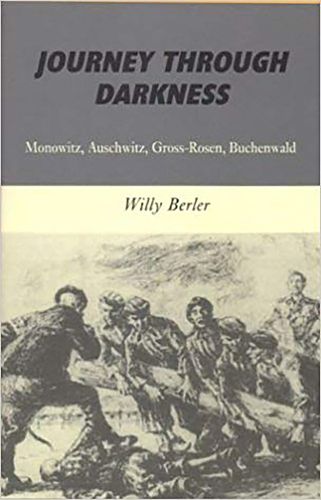Readings Newsletter
Become a Readings Member to make your shopping experience even easier.
Sign in or sign up for free!
You’re not far away from qualifying for FREE standard shipping within Australia
You’ve qualified for FREE standard shipping within Australia
The cart is loading…






The story of Willy Berler’s Journey through Darkness opens with the attack on the 20th Belgian convoy from Mechelen to Auschwitz, an extraordinary act of resistance. His tale then relates the arrival at Monowitz, his fortuitous transfer to the main camp of Auschwitz, and the story of his friend’s $100 which ultimately saved both their lives in Buchenwald. It tells of the executions at the Black Wall, which Willy Berler was forced to watch, and of the special commando of the SS Hygiene Institute of Rajsko, which has been relatively undocumented. Finally, it describes the death march, and Willy Berler’s chance meeting with an SS murderer from his hometown, who spoke better Yiddish than he did. The book does not simply describe the horror: the story is also a tale of solidarity and friendship, of humanity in a dehumanised universe. Friends, chance, and especially good luck saved him in that hell, allowing him to survive.
$9.00 standard shipping within Australia
FREE standard shipping within Australia for orders over $100.00
Express & International shipping calculated at checkout
The story of Willy Berler’s Journey through Darkness opens with the attack on the 20th Belgian convoy from Mechelen to Auschwitz, an extraordinary act of resistance. His tale then relates the arrival at Monowitz, his fortuitous transfer to the main camp of Auschwitz, and the story of his friend’s $100 which ultimately saved both their lives in Buchenwald. It tells of the executions at the Black Wall, which Willy Berler was forced to watch, and of the special commando of the SS Hygiene Institute of Rajsko, which has been relatively undocumented. Finally, it describes the death march, and Willy Berler’s chance meeting with an SS murderer from his hometown, who spoke better Yiddish than he did. The book does not simply describe the horror: the story is also a tale of solidarity and friendship, of humanity in a dehumanised universe. Friends, chance, and especially good luck saved him in that hell, allowing him to survive.